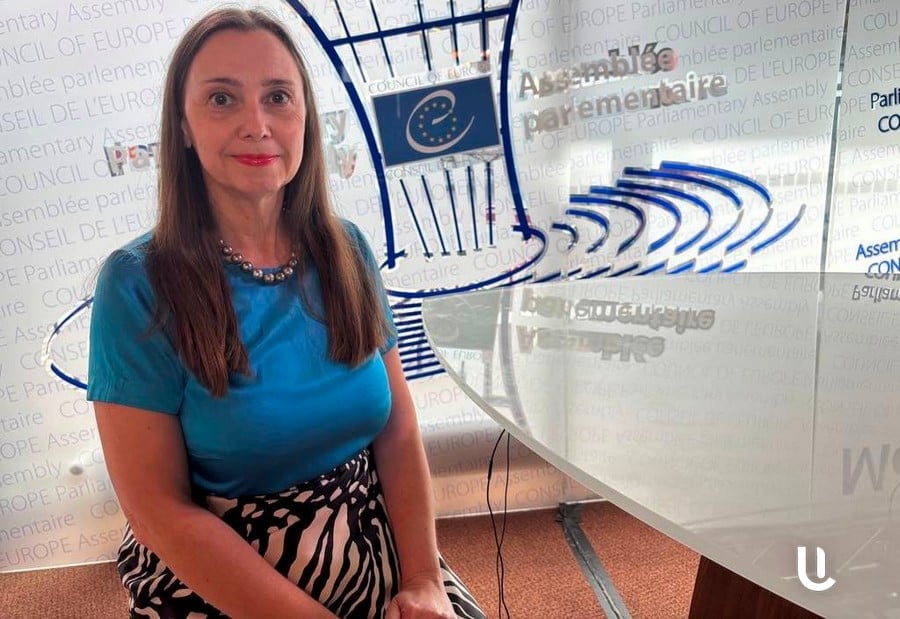Boriana Aberg stated that the Parliamentary Assembly has agreed on a definition of “political prisoner” in its resolution 1900 (2012) and told that to their understanding, there are no cases that fully comply with this definition at the moment in Armenia.
Boriana Åberg (Sweden, EPP/CD) and Piero Fassino (Italy, SOC), co-rapporteurs for the Monitoring Committee of the Parliamentary Assembly of the Council of Europe (PACE) on Armenia’s obligations, will visit Armenia on a fact-finding mission at the end of October.
Aravot.am has a written interview with Boriana Åberg.
–Prime Minister Pashinyan stated that the Council of Europe Commissioner for Human Rights visited him when he was in prison, I would like to ask why now the Commissioner or the monitoring committees rapporteurs don’t visit the political prisoners in Armenia or are these kind of visits planned?
Read also
-The Parliamentary Assembly has agreed on a definition of “political prisoner” in its resolution 1900 (2012). To our understanding, there are no cases that fully comply with this definition at the moment in Armenia. Nevertheless, we are aware of allegedly politically motivated cases and we follow them closely. We receive information from different sources, including lawyers, and we are assessing them. Should we consider that in a situation, public statements or visits are the best course of action, we would not hesitate.
-Mrs Aberg, during our interview in June session I asked you about the arrests and repressions of opposition figures in Armenia and about the people in Armenia which are arrested for their speech and opinions. As you have told you will be following these developments, in the broader framework of the current tension between the Government and the Armenian Church, I would like to ask you whether you have raised these issues during the meeting with our Prime Minister and are you satisfied with his answers?
-Indeed, we are following the developments. According to the European Convention of Human Rights, in a democratic society based on the rule of law, political ideas which challenge the existing order and whose realisation is advocated by peaceful means must be afforded a proper opportunity of expression. On the other hand, particular attention is given to the need for the authorities to remain vigilant about acts capable of fuelling additional violence, in the light of the legitimate aims of protecting public safety and preventing disorder or crime. It is not our role to judge on the merits of a given individual case. We see that prima facie, in some cases, there were reasonable grounds to open investigations. We keep a very vigilant eye on the situation, especially in the context of coming elections.
The content of our exchanges with the people we meet is, as a general rule, confidential. This allows for open and sincere exchanges. We refer to our statements and to the future documents that the monitoring committee will publish.
Tatev HARUTYUNYAN
























































